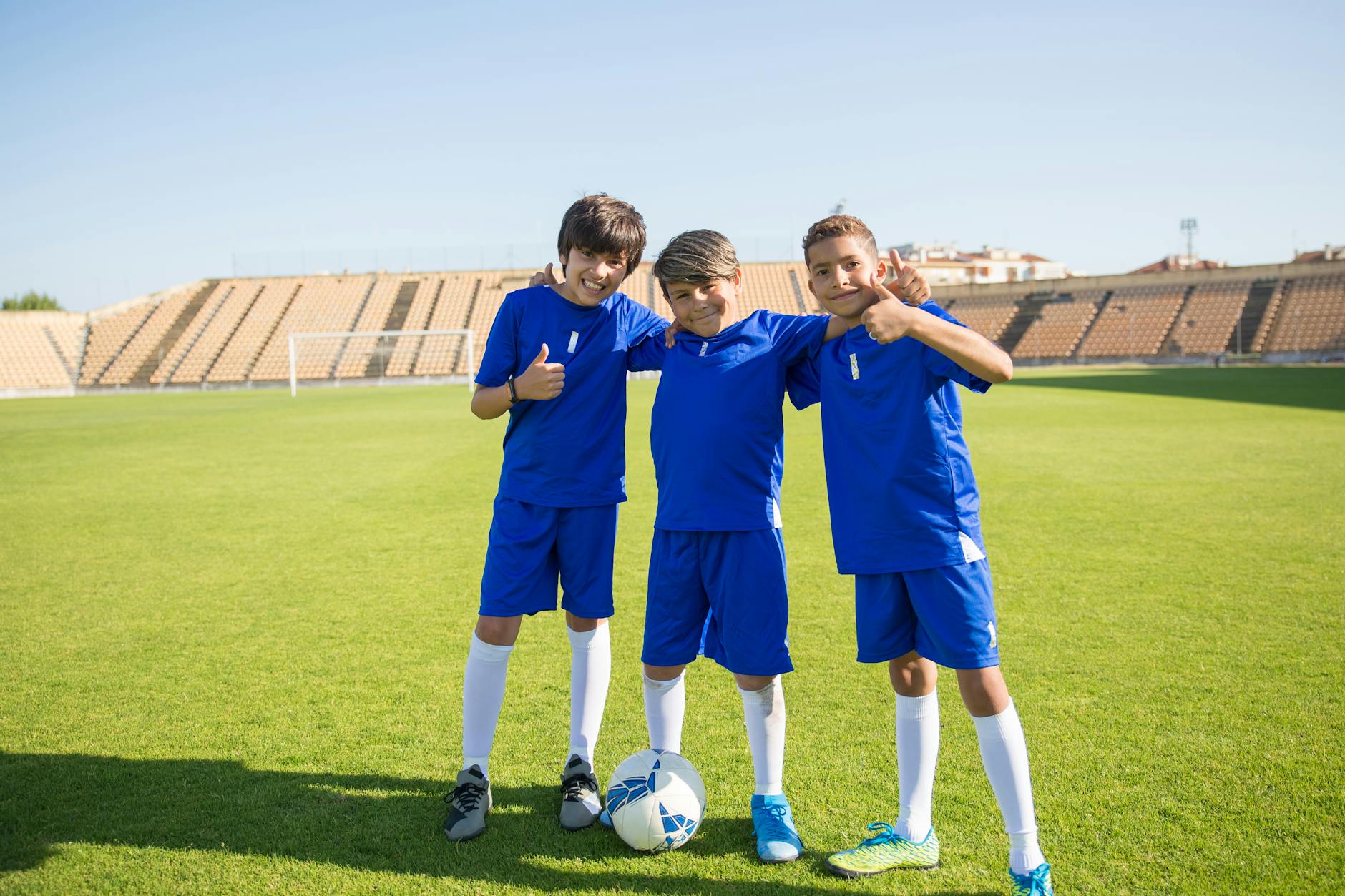
The Importance of Exercise and Movement for Children: A Path to a Healthier Future
In today’s digital age, where screens often dominate the lives of our children, the importance of regular exercise and movement cannot be overstated. Whether it’s kicking a soccer ball, running around the playground, swimming, gymnastics or simply riding a bike, physical activity plays a crucial role in the holistic development of children. Let’s explore the social, physical, and mental benefits of keeping our young ones active.
Physical Benefits
Regular exercise is foundational for a child’s physical development. It promotes cardiovascular health, strengthens muscles and bones, and improves coordination and balance. Activities like soccer, which combine running, jumping, and quick changes of direction, are particularly effective in enhancing a child’s agility and endurance. In addition, children who engage in regular physical activity are more likely to maintain a healthy weight, reducing their risk of obesity and related health issues later in life.
Mental and Cognitive Benefits
Physical activity is not just good for the body; it’s also beneficial for the brain. Regular exercise has been shown to improve cognitive function, boosting concentration, memory, and classroom behavior. For instance, the strategic thinking required in soccer can enhance problem-solving skills and decision-making abilities. Additionally, exercise releases endorphins—often referred to as “feel-good” hormones—which help reduce stress, anxiety, and depression. This is particularly important in today’s world, where mental health challenges are becoming increasingly prevalent among young people.

Social Benefits
Team sports like soccer offer unique social benefits that are integral to a child’s development. They teach children how to work collaboratively, communicate effectively, and build lasting friendships. Being part of a team also fosters a sense of belonging and teaches important life lessons about teamwork, leadership, and handling both success and failure with grace. These social skills are invaluable and often extend beyond the field into other areas of life, helping children navigate relationships and work environments as they grow older.
Building Lifelong Healthy Habits
Encouraging children to be active from a young age sets the foundation for a lifetime of healthy habits. Children who enjoy physical activity are more likely to continue being active as adults, leading to long-term health benefits. Whether they stick with soccer or explore other forms of exercise, the early introduction to movement can inspire a lifelong appreciation for staying fit and healthy.
Incorporating regular exercise and movement into children’s daily routines is vital for their physical, mental, and social well-being. Sports like soccer offer a fun and engaging way to keep children active while also providing a host of developmental benefits. As parents, coaches, and educators, it’s our responsibility to encourage and facilitate these opportunities, ensuring that our children grow up healthy, happy, and equipped with the skills they need to thrive in life.
Encouraging active lifestyles today will help shape the leaders, thinkers, and dreamers of tomorrow. Let’s give our children the best start possible by keeping them moving, both on and off the field.
If you have any questions or comments, please feel free to contact Gina at gina@zeteoholistichealth.com or on IG @gina.galla.alfieri

